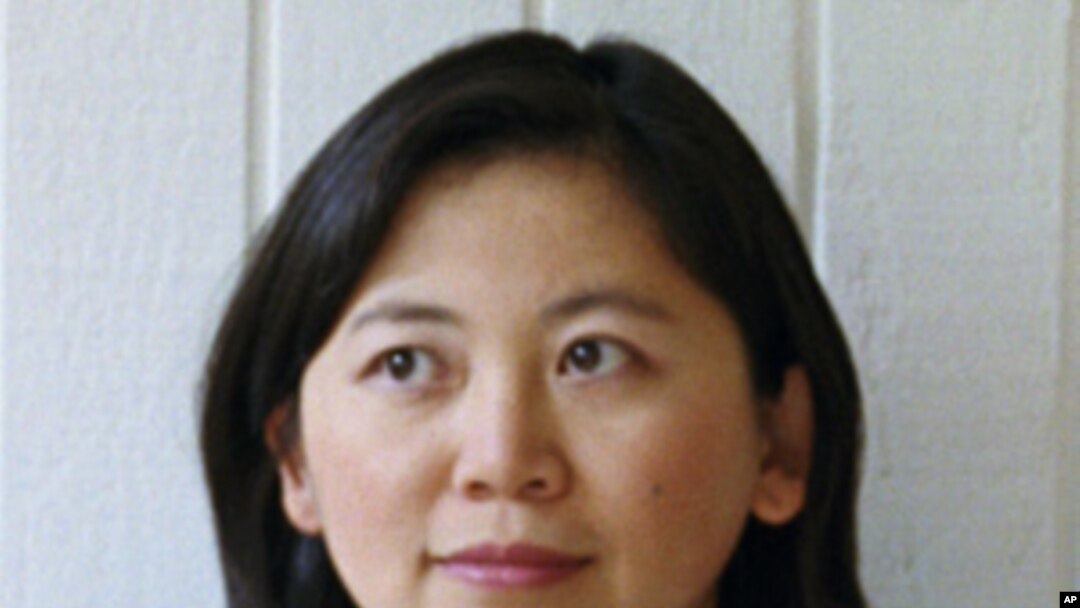For most people, it is only a dream to be called a genius and handed a big check. But in the United States, 23 people recently received a phone call announcing that dream had come true. The John D. and Catherine T. MacArthur Foundation hands out "genius" fellowships each year to assist people it determines are doing exceptional work. This year's recipients of the $500,000 "no strings attached" grant include a stone carver, a quantum astrophysicist, a jazz pianist and a high school physics teacher.
One of the winners is Chinese-born writer Yiyun Li, who grew up in Beijing and graduated from Peking University. She then headed to the University of Iowa in the United States to study science, but eventually enrolled in the school's prestigious creative writing program. Li has written such critically acclaimed books as the short-story collections "Gold Boy, Emerald Girl" and "A Thousand Years of Good Prayers," as well as the novel "The Vagrants." Her fiction is set in both China and the United States. VOA spoke to Yiyun Li in Oakland, California, where she lives with her husband and two sons.
Why did you pursue literature rather than science? And do you write in Mandarin, English or both?
I think that decision really came abruptly because just all of sudden I found that I just really loved writing and I wanted to give it a try. So I sort of just gave up my science career to try. And it worked out well. I only write in English, I never write in Chinese. I had never written in Chinese, and so when I started writing, I used English. So English actually is my first language in writing, so there's just that, I don't think I can write in Chinese, because I've never done that.
You write about China as well as the United States. Is it hard to write about a country in which you no longer live or perhaps easier. And how has living in the United States impacted your writing?
I think it is easier. To many writers, or at least to me, I think that physical distance between me and my subject often times provides another layer where you can have more space to think and to process things.
I don't think living in America per se influenced my writing, although it is in America that I have become a writer. So in that case, America is where I became a writer. I like that in America I'm left alone more than in China, so I like that.
Has your writing changed over the years, and what do you hope to portray in your writing?
Writing is like you grow up, It's just how you grow up, or to become more mature. I do think my writing has of course matured a little over the past five years. [I hope to portray] human nature. Often times I forget my characters are Chinese or American because when you write about their inner world, it doesn't matter what ethnicity or which countries they belong to. Really, it's just how they feel about things and how they see the world. And often times, I think that comes with human nature, so that's my hope, just to portray human nature.



